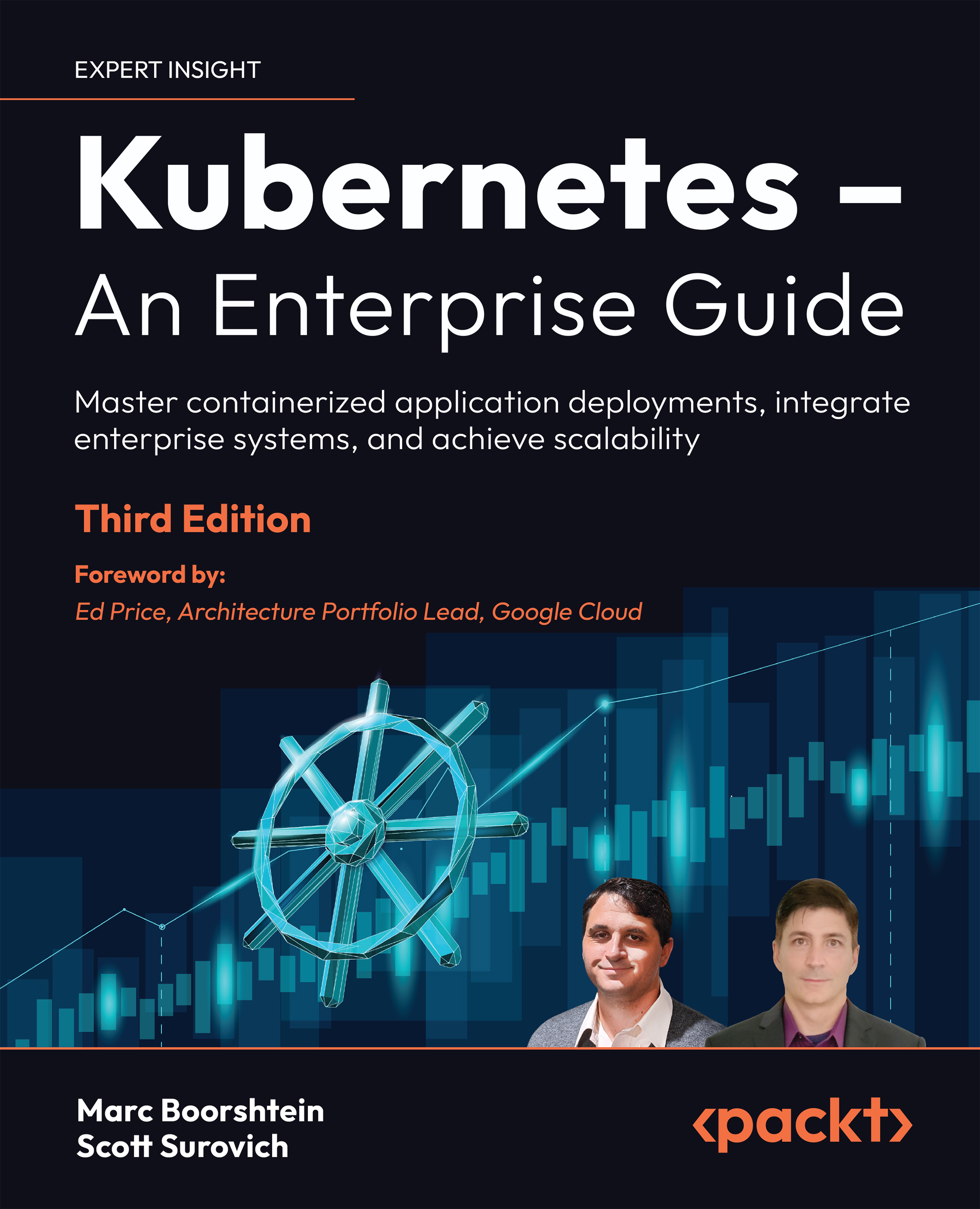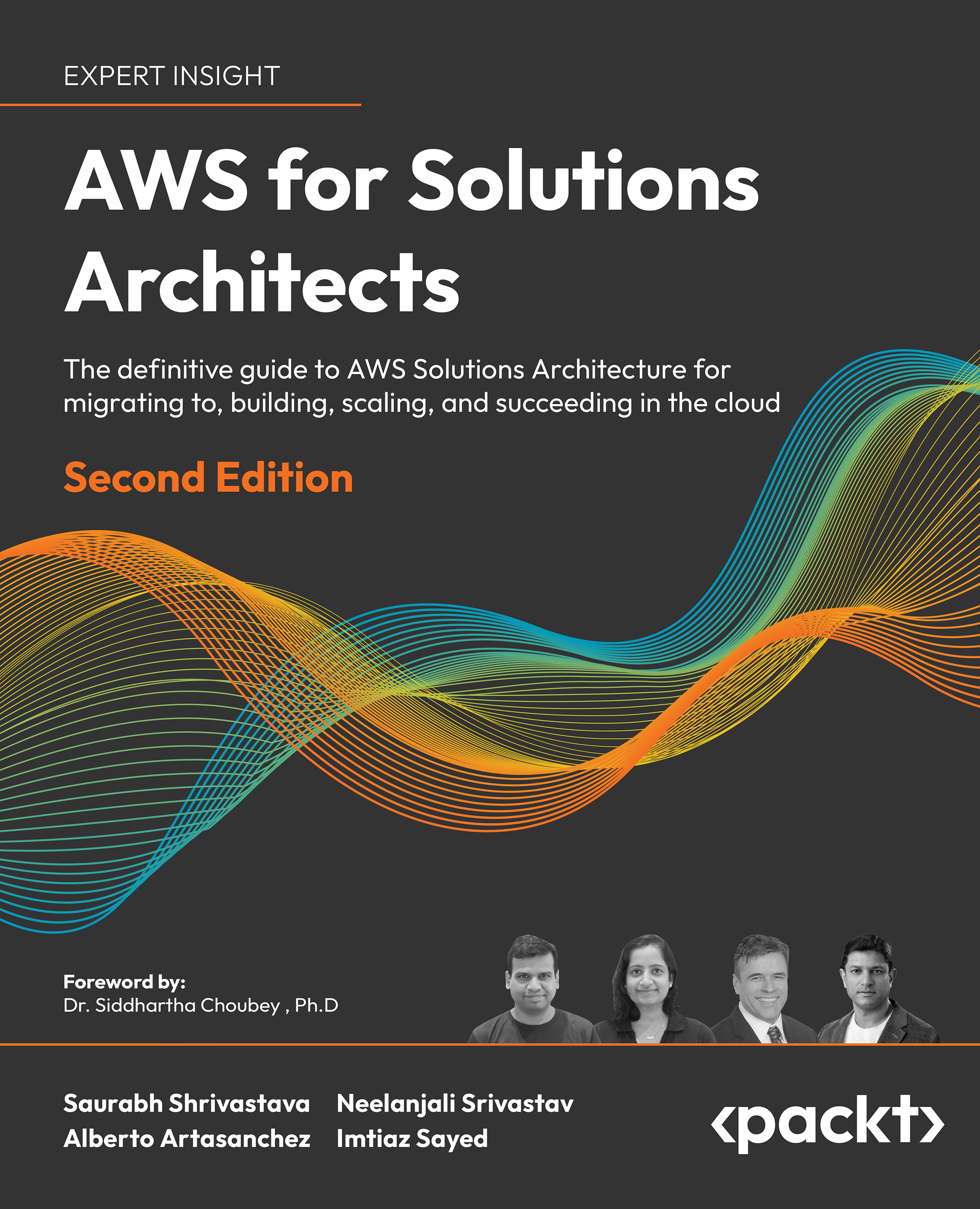If you were to list all of the different definitions and descriptions of DevOps, there would be many. However, as different as these might be, they will most likely share several concepts. These are collaboration, continuous delivery of business value, and breaking down silos.
With all of the technical discussion in the rest in this book, it is important not to overlook the value proposition for adopting DevOps, namely, that it will help you to improve the way that you continuously deliver value to your end users. To do this, you have to decrease the time between starting work on a new feature and the first user using it in production. This means that you not only have to write the software but also deliver and operate it.
Over the last decade, the way we write software has fundamentally changed. More and more companies are now adopting an Agile way of working to increase the efficiency of their software development. More and more teams are now working in short iterations or sprints to create new increments of a product in quick succession. However, creating potentially shippable increments faster and faster does not create any value in itself. Only when each new version of your software is also released to production and used by your end users does it start delivering value.
In traditional organizations, developers and operators are often located in different departments and taking software into production includes a hand-off, often with a formal ceremony around it. In such an organization, it can be hard to accelerate that delivery to production along with the speed at which development can create new versions.
Next to that, development and operations departments often have conflicting goals. While a development department is rewarded for creating many changes as fast as possible, operation departments are rewarded for limiting downtime and preventing issues. The latter is often best achieved by having as few changes as possible. The conflict here is clear—both departments have optimizations for one subgoal, as shown in the following diagram:
This defeats the purpose of these subgoals, which comes from the shared, overarching goal of quickly taking in new versions while maintaining stability. Precisely this conflict between developmental and operational goals is one of the things that should disappear in a DevOps culture. In such a culture, developers and operations teams should work together on delivering new versions to production in a fast and reliable manner and share responsibility for both subgoals.
While it is good to know that DevOps is a cultural movement, tools and automation are an important part of that culture. In this book, the focus will be on these tools and how to use them to implement many of the practices that come with a DevOps culture. In other words, this book will be mostly on the products and processes associated with DevOps. If you want to learn more about the cultural side of things, about the people, there are many other books to read.
The rest of this section will explore the relation between DevOps to see how they complement each other. The focus will be on Agile techniques and prices for work management. We will also discuss the goals and benefits of a DevOps culture.
 United States
United States
 Great Britain
Great Britain
 India
India
 Germany
Germany
 France
France
 Canada
Canada
 Russia
Russia
 Spain
Spain
 Brazil
Brazil
 Australia
Australia
 Singapore
Singapore
 Hungary
Hungary
 Ukraine
Ukraine
 Luxembourg
Luxembourg
 Estonia
Estonia
 Lithuania
Lithuania
 South Korea
South Korea
 Turkey
Turkey
 Switzerland
Switzerland
 Colombia
Colombia
 Taiwan
Taiwan
 Chile
Chile
 Norway
Norway
 Ecuador
Ecuador
 Indonesia
Indonesia
 New Zealand
New Zealand
 Cyprus
Cyprus
 Denmark
Denmark
 Finland
Finland
 Poland
Poland
 Malta
Malta
 Czechia
Czechia
 Austria
Austria
 Sweden
Sweden
 Italy
Italy
 Egypt
Egypt
 Belgium
Belgium
 Portugal
Portugal
 Slovenia
Slovenia
 Ireland
Ireland
 Romania
Romania
 Greece
Greece
 Argentina
Argentina
 Netherlands
Netherlands
 Bulgaria
Bulgaria
 Latvia
Latvia
 South Africa
South Africa
 Malaysia
Malaysia
 Japan
Japan
 Slovakia
Slovakia
 Philippines
Philippines
 Mexico
Mexico
 Thailand
Thailand

















